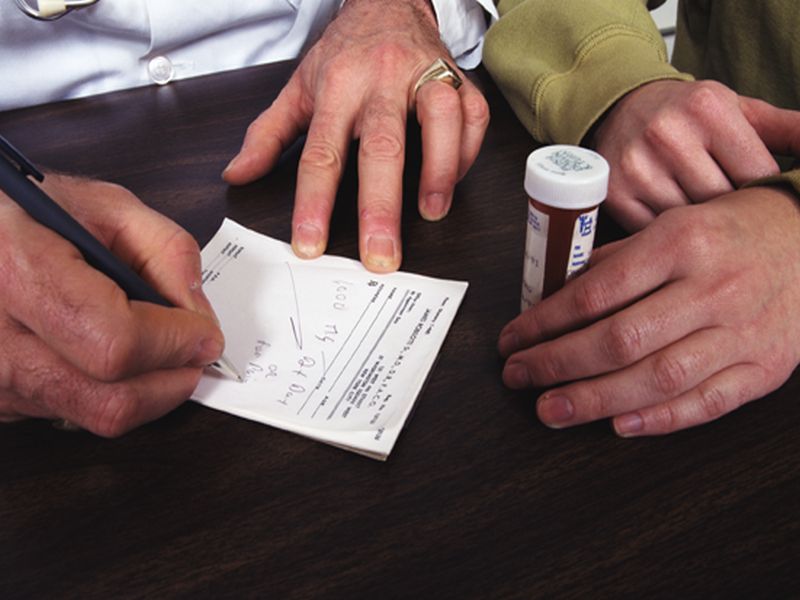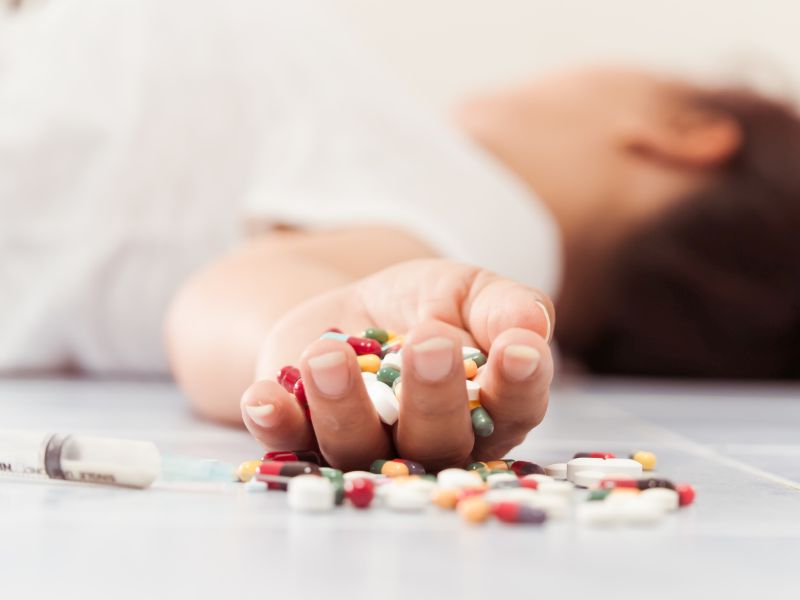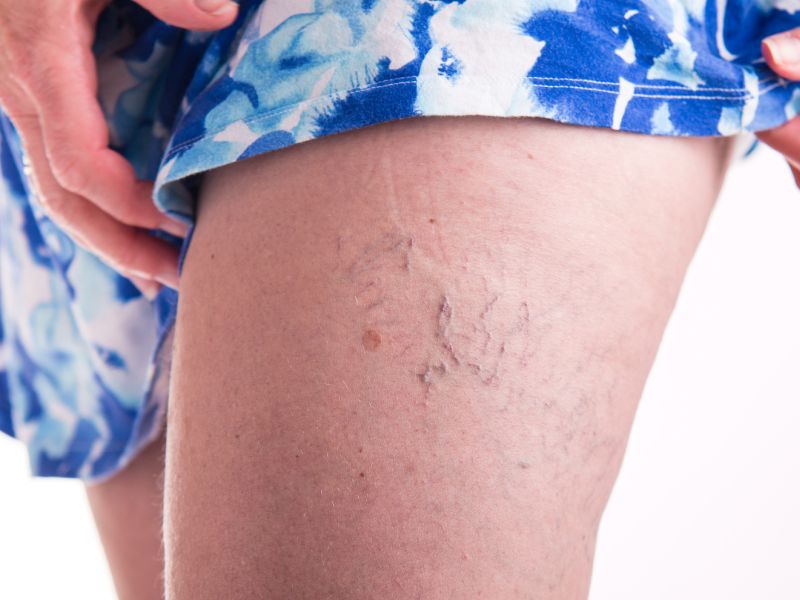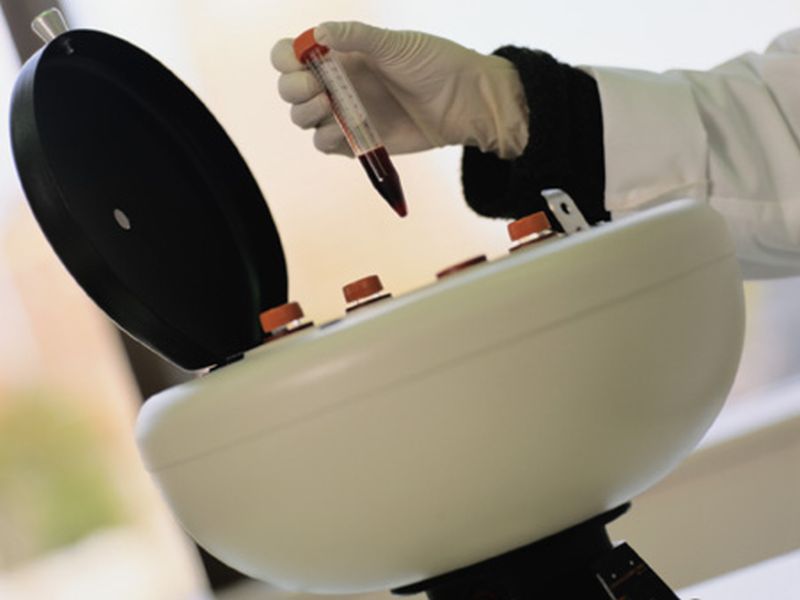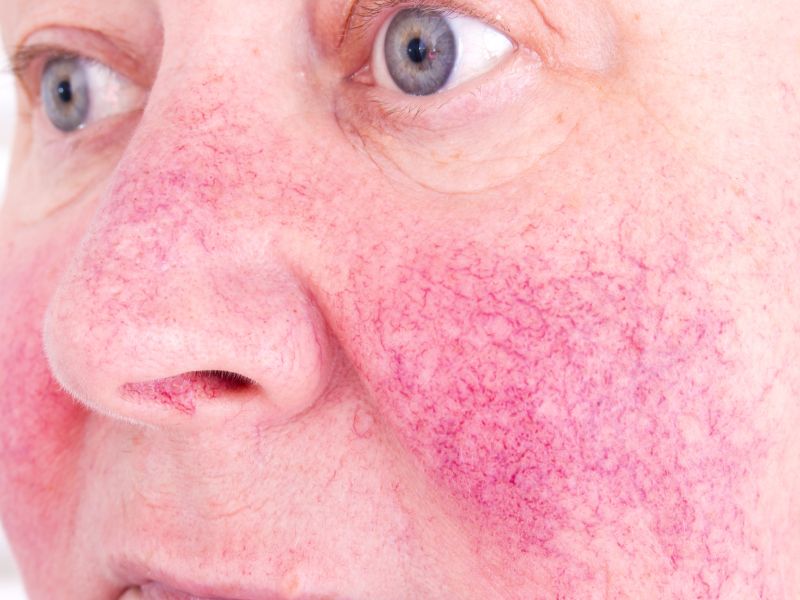
Rotavirus causes diarrhea, vomiting, fever and abdominal pain. It is highly contagious, especially among young children with weaker immune systems, the U.S. Centers for Disease Control and Prevention says. Children can become dehydrated and may require hospitalization. Symptoms of dehydration include decrease in urination, dry mouth and throat, feeling dizzy when standing up and crying… read on >










